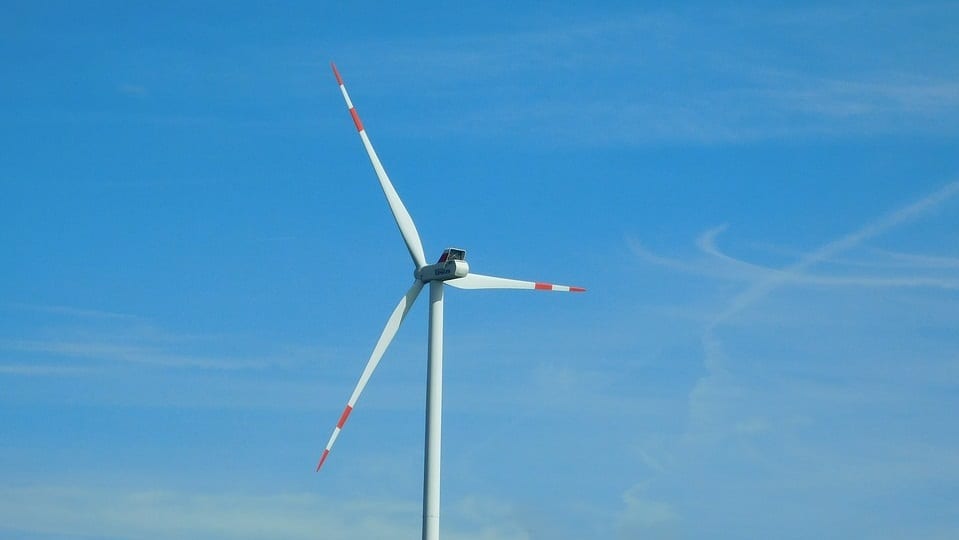
Croatia increases its renewable energy incentives
September 13, 2017Country aims to raise its clean power capacity with higher incentives
Croatia has announced that it will be increasing incentives designed to promote the adoption of renewable energy. These incentives have been provided by the government for some time. They have helped make Croatia an attractive home for renewable energy projects. Several companies have come to the country to take advantage of these incentives, thus making Croatia’s clean power economy much stronger. By increasing incentives, Croatia hopes to further bolster its renewable energy capacity.
New tariffs and quotas will be introduced to energy producers
In the near future, Croatia’s Energy Market Operator will be implementing new tariffs and quotas to energy producers. This will result in a modest price increase on the energy bills of consumers. Government officials suggest that the price increase will help bring balance to the energy market. Moreover, the initiative may help Croatia become more energy independent. In the coming years, the country intends for renewable power to provide the majority of its electricity.
Croatia aims to become more energy independent
Currently, approximately 40% of Croatia’s power comes from energy imports. The country is looking to change this in order to establish a stronger economy and energy infrastructure. As such, renewable energy has become quite popular in Croatia. In the past 10 years, some 600 megawatts of clean power capacity has been installed throughout the country. This capacity is expected to begin increasing rapidly due to higher incentives coming from the government. Croatia is also part of an overarching clean power initiative coming from the European Union.
Country has achieved its renewable energy goal ahead of schedule
Croatia joined the European Union in 2013 and became beholden to the 2020 Climate and Energy initiative. The plan calls for countries to embrace renewable energy and reduce emissions by 2020. Croatia has already met its renewable energy target, with 29% of its electricity coming from renewable sources. Now, the country intends to further increase its clean power capacity and become even more environmentally friendly.



 With over 15 years of reporting hydrogen news, we are your premier source for the latest updates and insights in hydrogen and renewable energy.
With over 15 years of reporting hydrogen news, we are your premier source for the latest updates and insights in hydrogen and renewable energy.